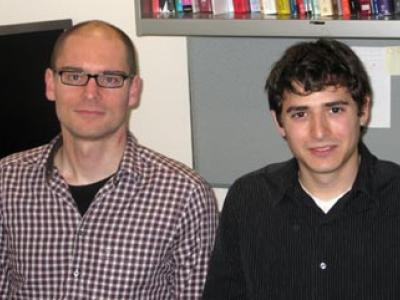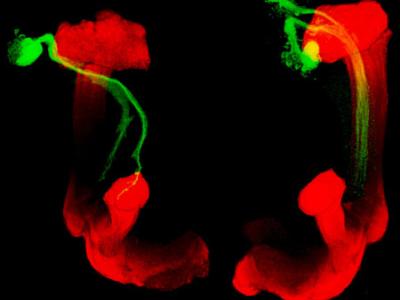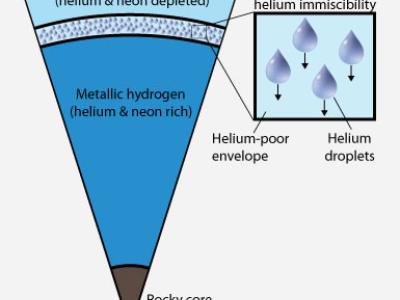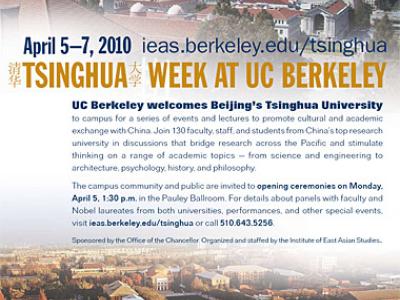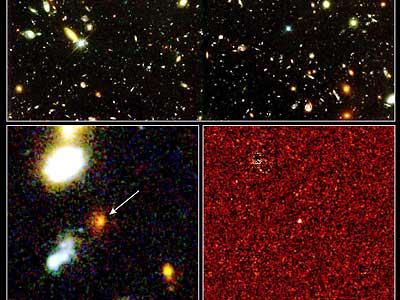Researchers enable a robot to fold towels
A team from Berkeley's Electrical Engineering and Computer Sciences department has figured out how to get a robot to fold previously unseen towels of different sizes. Their approach solves a key problem in robotics -- how to deal with flexible, or "deformable," objects.

